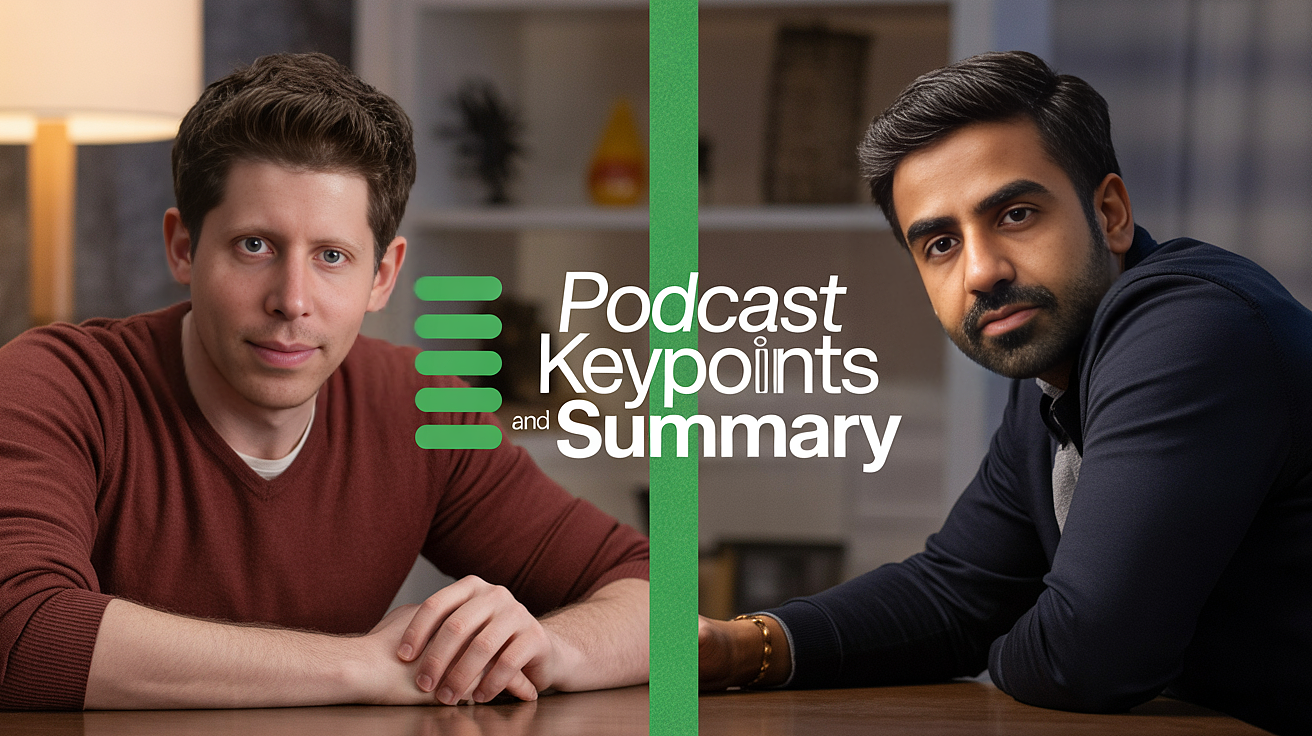Part 3: Trust Over Talent
Leading vs. Being the Leader
Leading is not the same as being the leader. Being the leader means you hold the highest rank, either by earning it, good fortune or navigating internal politics.
Leading, however, means that others willingly follow you—not because they have to, not because they are paid to, but because they want to.
→ Think of Howard Schultz at Starbucks. He wasn’t just the CEO. People followed him because he believed in creating a “third place” between home and work—a culture people wanted to be part of.

Everyone Wants to Win
No one likes to lose, and most healthy people live their life to win. The only variation is the score we use. For some it's money, for others it's fame or awards.
For some it's power, love, a family or spiritual fulfillment. The metric is relative, but the desire is the same.
→ For Nike, the score was never just about selling shoes. Their “Just Do It” campaign made people feel like champions of their own story. That desire to “win” in their own life translated into loyalty toward the brand.

A Company is a Culture
A company is a culture. A group of people brought together around a common set of values and beliefs. It's not products or services that bind a company together.
It's not size and might that make a company strong, it's the culture—the strong sense of beliefs and values that everyone, from the CEO to the receptionist, all share.
→ Zappos (online shoe company) built their entire brand on culture. Their values were so strong that new hires were once offered $2,000 to quit—just to make sure only those aligned with the culture stayed.
The Power of Belonging
When employees belong, they will guarantee your success. And they won't be working hard and looking for innovative solutions for you, they will be doing it for themselves.
→ At Patagonia, employees don’t just work for a paycheck. They believe in protecting the planet. That sense of belonging makes them go the extra mile—not because the boss says so, but because it’s their own mission.

The Role of a Leader
The role of a leader is not to come up with all the great ideas. The role of a leader is to create an environment in which great ideas can happen.
→ Google proved this with their famous “20% time” policy. Employees were encouraged to spend part of their time exploring ideas. Out of that came Gmail and Google Maps—game-changing products born not from one leader, but from an environment that welcomed ideas.
Trust Over Talent
Historically, trust has played a bigger role in advancing companies and societies than skill set alone.
→ Airbnb succeeded not just by building an app, but by earning trust—between hosts and guests. That trust became more valuable than any technical skill the founders had.
Leadership Through Service
→ General Robinson's ability to lead developed not because she's the smartest or the nicest.
She's a great leader because she understands that earning the trust of an organization doesn't come from setting out to impress everyone, it comes from setting out to serve those who serve her. It is the invisible trust that gives a leader the following they need to get things done.

The Tipping Point of Growth
The ability to get the system to tip is the point at which the growth of a business or the spreading of an idea starts to move at an extraordinary pace.
It is also at this point that a product gains mass-market acceptance. The point at which an idea becomes a movement. When that happens, the growth is not only exponential, it is automatic. It just goes.
→ Think of TikTok. At first, it was just a lip-syncing app. But once creators embraced it, the tipping point came—the app didn’t just grow, it exploded into a global movement almost overnight.

– Until next time
Jananika M 🦋







